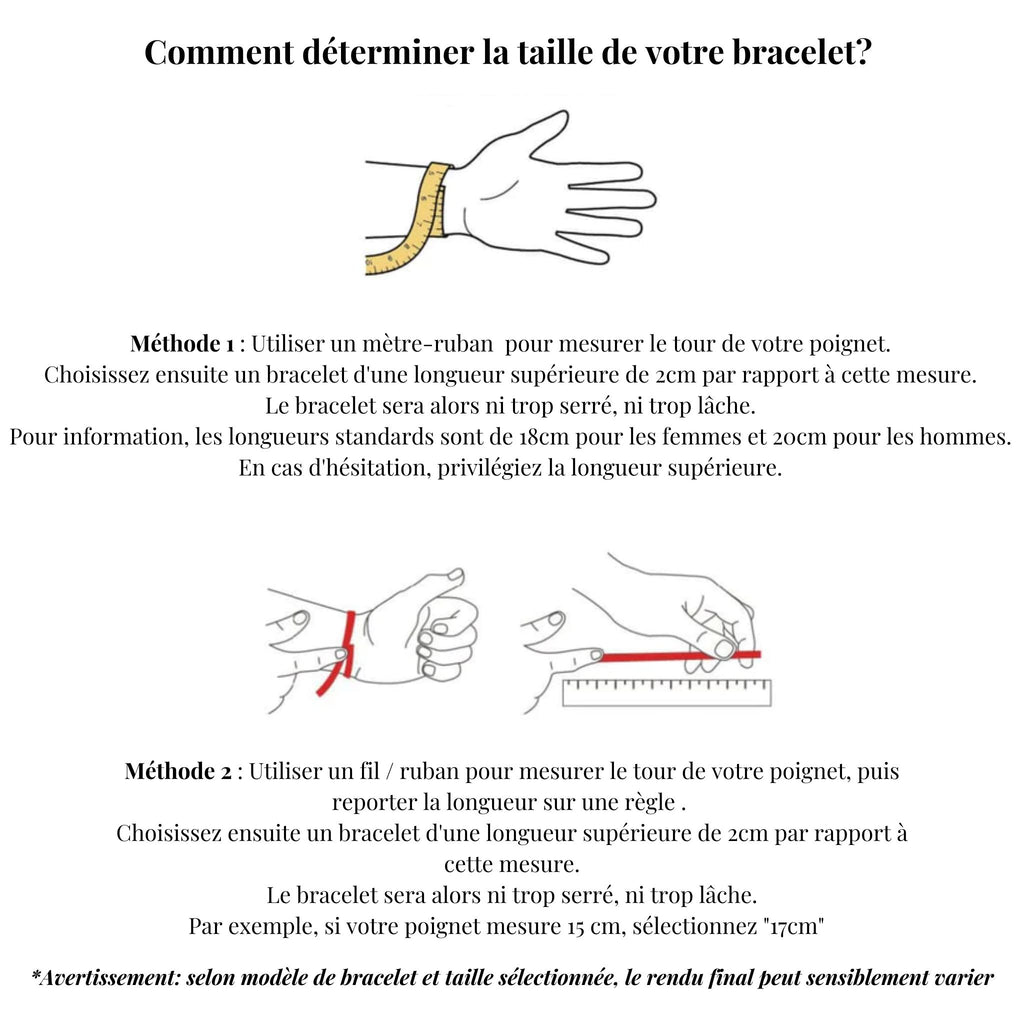
Top 5 Tips for Intermittent Fasting
If you've always been told that skipping meals is bad for your health, the idea of intermittent fasting may take a while to come to fruition. Over the past few years, intermittent fasting has made a comeback, especially outside of the weight loss space. Now, the practice of intermittent fasting is used to clear the mind, sink into spiritual revelation, and put you in a more mindful and present space for meditation and prayer.
What is intermittent fasting?
An intermittent fasting program often refers to a method in which you take one or two days a week and don't eat. For those who don't want to face an entire day without food, you can simply drop 25% of your normal calorie intake by making sure to stock up on smoothies and healthy foods. On days you don't fast, you eat normally, AKA no calorie catch-up game!
What are the benefits of intermittent fasting?
There are physical benefits that come with intermittent fasting. As mentioned, some people turn to this method to better control their diet and lose weight. Other studies say it can help across a range of health issues, including - solving problems like high blood pressure, cholesterol, sleep problems, and even Alzheimer's.
Aside from the physical health benefits, intermittent fasting can also help refine your spiritual well-being. By depriving the body just a little and at select times, those who have adopted intermittent fasting say they are able to embrace life with greater clarity, practice self-discipline, sit in humility for a while and feel more spiritually connected to their authentic self, their body and the world around them.
Start slowly
Go from hero to zero when it comes to nutrition and your body is bound to suffer. Nothing will put you off intermittent fasting like jumping headlong into it without a plan. You must prepare your body for this practice. The best method is to start with shorter fasts - for example, fasting for 16 hours, then eating two meals within that 8 hour window. You can progress to a 20 hour fast and so on once your body gets used to being without food for these amounts of time.
Adapt to your life
While some people swear by 16-hour fasting, you can try choosing a fasting routine that fits your lifestyle. If you're an early riser, opt for an early 8-hour eating window, or if you tend to skip breakfast or aren't hungry in the morning, fast for the first part of the day. Being flexible and finding a solution that works for your own body is your best chance of having a successful fast for your overall health and well-being.
Download an app
Intermittent fasting apps can be a great way to chart your fast safely and effectively. As is normal in the modern world, there are a ton of great apps to help you fast smartly. Several apps offer a beautifully simple design that helps you customize your fasting plan. You can make a schedule and analyze your fasting habits over time. She presents a fresh, friendly face that reminds us that fasting can be simple and stress-free.
Stay hydrated
It is important to drink water and unsweetened tea to flush out all the toxins.
Listen to your body
Intermittent fasting can be a fabulous way to get back in touch with our bodies. If you start to feel unwell beyond the usual hunger-related issues, stop the fast immediately. If you experience overwhelming nausea or fatigue so severe that it prevents you from going about your day normally, this is usually a sign to break your fast and have a snack. FYI, it's normal to feel a little more tired and irritable than normal during a fast.















